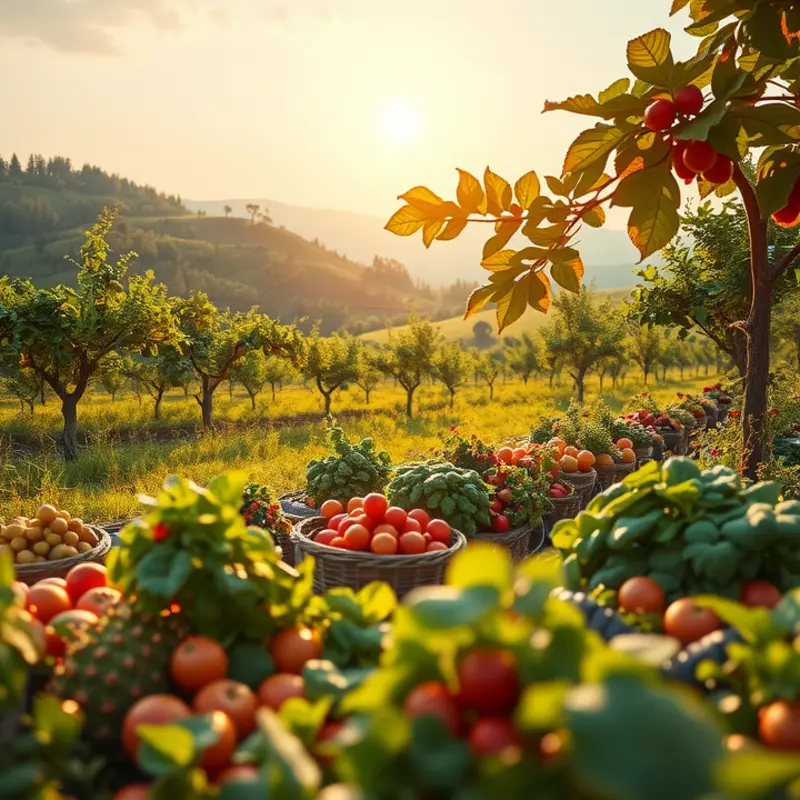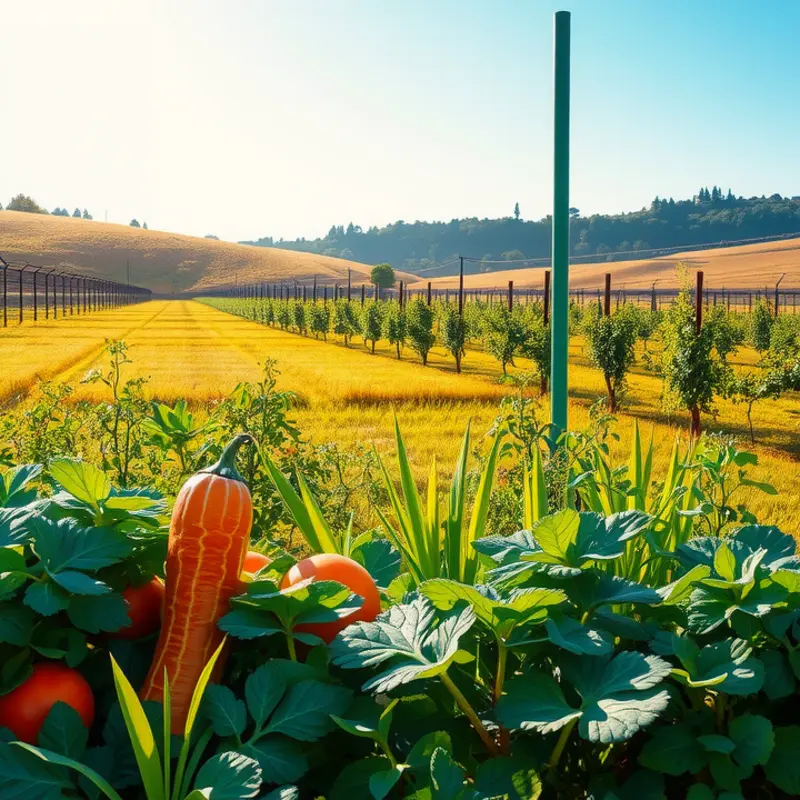Busy individuals and families often struggle to maintain a healthy diet while juggling packed schedules. Minimal-waste meal prepping offers a time-saving solution that not only streamlines meal routines but also reduces food waste. By embracing practical strategies, you can prepare delicious meals ahead of time, ensuring that nutritious options are always within reach. Let’s explore easy-to-implement techniques to simplify your cooking and make the most of your ingredients.
Mastering Ingredient Selection

Choosing the right ingredients is a cornerstone of efficient minimal-waste meal prepping. Focus on versatility and seasonality to optimize both your culinary creativity and resourcefulness. When you select ingredients that can be seamlessly integrated into multiple dishes, you save time and reduce waste—promoting an eco-friendly kitchen.
Start by crafting a versatile pantry. Ingredients like grains, legumes, and herbs can serve as foundational pillars for diverse meals. Rice can become a robust base for stir-fries, a cozy porridge for breakfast, or a satisfying side dish. Lentils transform into soups, salads, or patties effortlessly. Fresh herbs like cilantro and parsley brighten recipes while dried alternatives ensure sustainability in flavoring when fresh is not available.
Opt for seasonal produce to enhance flavor and ecology. Seasonal fruits and vegetables are at their nutritional peak and can often be found locally, reducing your carbon footprint. During summer, zucchinis and tomatoes are abundant and can elevate pastas, salads, or be grilled as main specials. In winter, squashes and root vegetables offer warmth in soups, roasts, and stews.
Consider these ingredients as flexible puzzle pieces. For example, a head of cabbage can be featured in a stir-fry, serve as a wrap for Asian-inspired fillings, or be fermented into a tangy side dish. A single butternut squash can seamlessly move from a creamy soup base to roasted cubes accenting a grain bowl.
Further enhance your meal prep efficiency by planning multiple meals around central ingredients. If you roast a chicken, plan for it to headline one meal, then shred leftovers for tacos, salads, or sandwiches. This reduces both cooking and grocery shopping time.
Planning isn’t solely about what you buy but how you store it. To maintain optimal freshness and minimize spoilage, learn adept storage techniques. For guidance on eco-smart storage methods, explore this comprehensive resource.
Ultimately, your approach to ingredient selection can set the stage for both culinary creativity and sustainability. Elevate your meal prep routine by mindfully choosing and combining ingredients in a way that supports your lifestyle and values. By doing so, you create a dynamic kitchen, robust with the ability to nourish without excess waste.
Effective Meal Prep Techniques

When life gets busy, preparing meals in advance offers great convenience without sacrificing nutritional value or increasing waste. A strategic approach to meal prepping can ensure your meals stay fresh and varied throughout the week. Begin with batch cooking, a technique that involves preparing a large portion of a recipe, enough to feed several meals. Preparing multiple portions at once not only saves time but also utilizes ingredients efficiently, reducing spoilage and waste.
A great next step is mastering the art of freezing. Not all meals freeze well, but many do. Soups, stews, casseroles, and even some whole grains are perfect candidates for freezer storage. When freezing, use airtight containers to minimize exposure to air, which can cause freezer burn and stale flavors. Label each container with the contents and date for easy identification, ensuring you consume them within a suitable timeframe.
An often underappreciated strategy is the creative reuse of leftovers. Transform last night’s dinner into today’s lunch with small adjustments. For instance, grilled chicken can top salads or fill sandwiches. Leftover vegetables can morph into an omelette or stir-fry. With a bit of creativity, you can repurpose meals to avoid waste and boredom.
Organization plays a crucial role in the efficacy of meal prepping. Invest in a range of containers, including various sizes to match different portion needs. Avoid using single-use plastics by opting for glass or stainless steel containers, which are more sustainable and durable. Some containers come with sections to separate different food components, keeping your meals fresh and encouraging portion control.
A well-thought-out organizing system within your kitchen can make a significant difference. Consider dedicating a specific shelf in your fridge for prepped meals, making them easily accessible. Labels with meal descriptions and dates can further streamline your meal times.
To enhance your efforts, leverage online resources and community insights. Discover quick and easy recipes that fit a prep-friendly lifestyle. For minimalist meal ideas that require minimal preparation, consider this collection of dinner ideas, which are designed to save time and effort while minimizing waste.
By experimenting with these techniques and tools, meal prepping can become a seamless part of your routine. This not only reduces your environmental footprint through less waste but also allows more time for the things you love.
Final words
Meal prepping doesn’t have to be overwhelming. By mastering your ingredient selection and implementing effective techniques, you can simplify your cooking routine while reducing waste. Embrace the joy of preparing meals in advance and enjoy the peace of mind that comes with having healthy options handy. By making a conscious effort to plan and utilize ingredients wisely, even the busiest individuals and families can enjoy nutritious meals without the stress. Start today, and reap the benefits of a more organized and eco-friendly kitchen.







